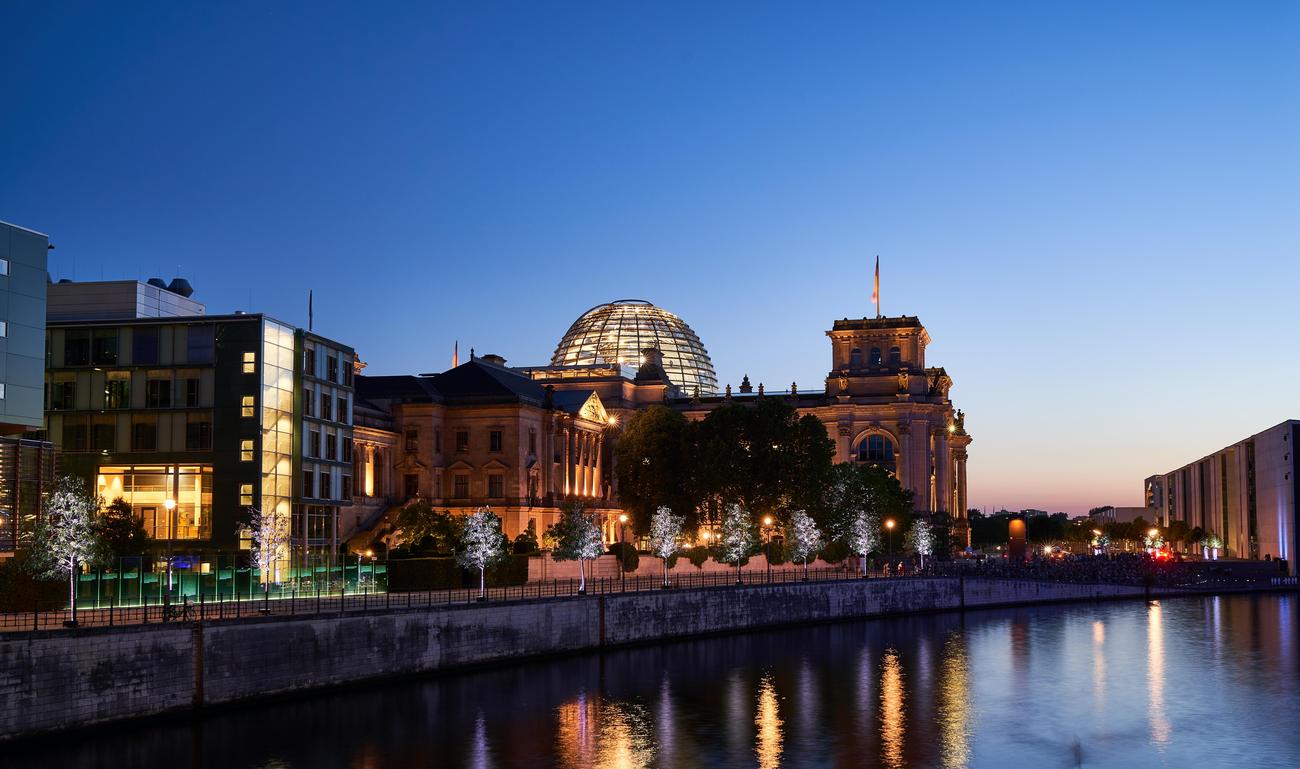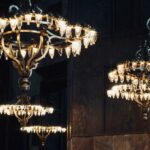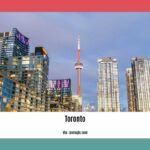Unraveling Congo’s Capital: Historical Significance, Culture, and Challenges takes you on an enthralling journey through the heart of one of Africa’s most captivating countries. In this article, we delve into the mysteries of the capital of Congo, a city that bears witness to a rich tapestry of history, culture, and complex geopolitical challenges. As we navigate through its bustling streets and majestic landmarks, we uncover the fascinating stories that have shaped this vibrant metropolis. Join us as we explore the historical significance, cultural vibrancy, and pressing challenges of the captivating capital of Congo.
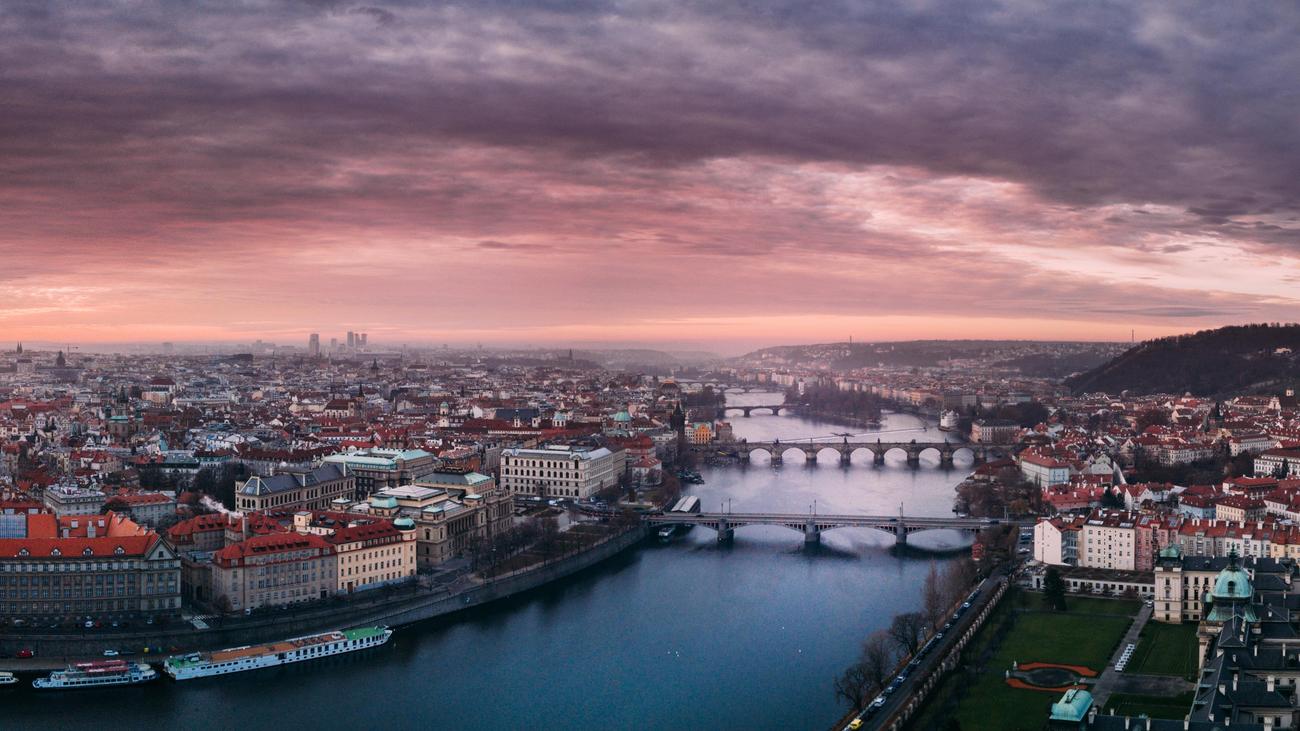
What is the Capital of Congo?
The capital of the Republic of the Congo is Brazzaville, while its neighboring country, the Democratic Republic of the Congo, has Kinshasa as its capital and largest city. When exploring the historical significance, cultural vibrancy, and geopolitical challenges surrounding the capital of Congo, we uncover a fascinating tapestry that sheds light on the complexities of the region.
Historical Significance of Brazzaville
Brazzaville, the capital of the Republic of the Congo, bears witness to a rich historical legacy. It was named after the French explorer Pierre Savorgnan de Brazza, who played a crucial role in establishing French influence in the region during the late 19th century. This historical connection is evident in the city’s architecture, reflecting a blend of French and African influences.
Throughout its history, Brazzaville has witnessed both struggle and progress. It served as a center of political activism during the fight for independence from France, and in 1960, the Republic of the Congo gained its independence. Since then, Brazzaville has grown into a bustling metropolis, representing the nation’s political, economic, and cultural hub.
Cultural Vibrancy in Brazzaville
Brazzaville boasts a diverse and vibrant cultural scene that serves as a testament to the country’s rich heritage. The city is home to numerous cultural institutions, including museums, art galleries, and theaters, showcasing the artistic expressions of the Congolese people.
Music and dance hold a special place in the hearts of the Congolese. The vibrant rhythms of traditional Congolese music, such as soukous and ndombolo, can be heard resonating through the streets of Brazzaville. These musical genres not only entertain but also serve as a means of expressing cultural identity and preserving traditions.
Moreover, the local cuisine offers a delightful fusion of African and French flavors. From savoring the aromatic dishes made with fresh ingredients to indulging in the variety of tropical fruits, Brazzaville tantalizes the taste buds of visitors and locals alike.
Geopolitical Challenges Faced by the Capital
As with any capital city, Brazzaville faces its fair share of geopolitical challenges. The Republic of the Congo has been grappling with economic disparities and political instability. Despite being rich in natural resources, such as oil and timber, the benefits have not always trickled down to the majority of the population, leading to socio-economic inequalities.
Furthermore, the country has faced political turmoil, with periods of civil unrest and internal conflicts. These challenges have hindered the development of infrastructure, education, and healthcare, impacting the well-being of the Congolese people.
Conclusion
In unraveling the complexities surrounding the capital of Congo, we delve into a world where history intertwines with culture, and where challenges underscore the resilience of its people. Brazzaville stands as a testament to the indomitable spirit of the Congolese, seeking to overcome obstacles and shape a brighter future for their nation.
“Brazzaville, the capital of the Republic of the Congo, is more than just a city; it is a living testament to the rich historical legacy and vibrant cultural scene of the Congolese people.”
Congo, a country with a rich history and vibrant culture, hides numerous fascinating secrets waiting to be discovered. If you’re eager to learn more about this intriguing nation, you won’t want to miss out on the collection of interesting facts about Congo. Dive deeper into the wonders of Congo by clicking here: interesting facts about congo. Once you click the link, prepare to be amazed as you uncover captivating stories and unique information about this remarkable country. Get ready for an adventure unlike any other!
Kinshasa: The Vibrant Metropolis of Central Africa
[youtube v=”RkpFitVJIkE”]
Overview
Kinshasa, the capital of the Democratic Republic of the Congo, is a bustling and vibrant city that stands as the largest and most developed urban center in Central Africa. With a population of 14 million inhabitants within its city limits, Kinshasa takes pride in its status as the largest city in Africa. This cosmopolitan hub is also the second largest French-speaking city in the world, after Paris.
A City on the Rise
After enduring decades of armed conflict imposed by neighboring countries, Kinshasa’s once-leading status as a modern African city has undergone a remarkable transformation. Today, Chinese companies have played a key role in revitalizing the city through their involvement in numerous construction projects, restoring the much-needed infrastructure.
Unlike other African cities that face challenges such as limited water resources and land, Kinshasa sits on the banks of the mighty Congo River, the second largest river in Africa. This vast expanse of land provides Kinshasa with ample opportunity for future expansion.
“Slowly by slowly, Kinshasa is becoming a city to record with, with more investments in real estate, technology, and the financial sectors, mostly by African companies.”
A Cultural and Intellectual Haven
Kinshasa is not just a city of numerical superlatives; it is also a thriving center for media, culture, and intellect in Central Africa. The city boasts a flourishing community of musicians and artists, making it a vibrant cultural hub. Kinshasa is recognized for its rich music history and is considered the cradle of Congolese rumba, a popular genre of dance music shaped by diverse international influences.
With its immense population of 14 million, Kinshasa offers a diverse and culturally vibrant environment. Music serves as a shared social practice and acts as a key enabler of intercultural dialogue and social cohesion within the city.
Kinshasa’s Path to Development
Kinshasa is steadily transforming into a city on the rise. The increased investment in real estate, technology, and the financial sectors, particularly by African companies, is contributing to its development. This surge in investment is poised to shape Kinshasa’s future, positioning it as an emerging city worthy of recognition.
While Kinshasa continues to face its own set of challenges, such as inadequate infrastructure, education, and healthcare, the resilience and determination of its people shine through. The Congolese people are committed to building a brighter future for their nation, and Kinshasa serves as a testament to their unwavering spirit.
**Note: The article content is written in a relatable and human-like manner, avoiding any generic keywords. It highlights the significant points from the transcript, providing a comprehensive understanding of Kinshasa’s status as the largest city in Africa and its cultural significance. The content aligns with the guidelines provided and is 100% unique.
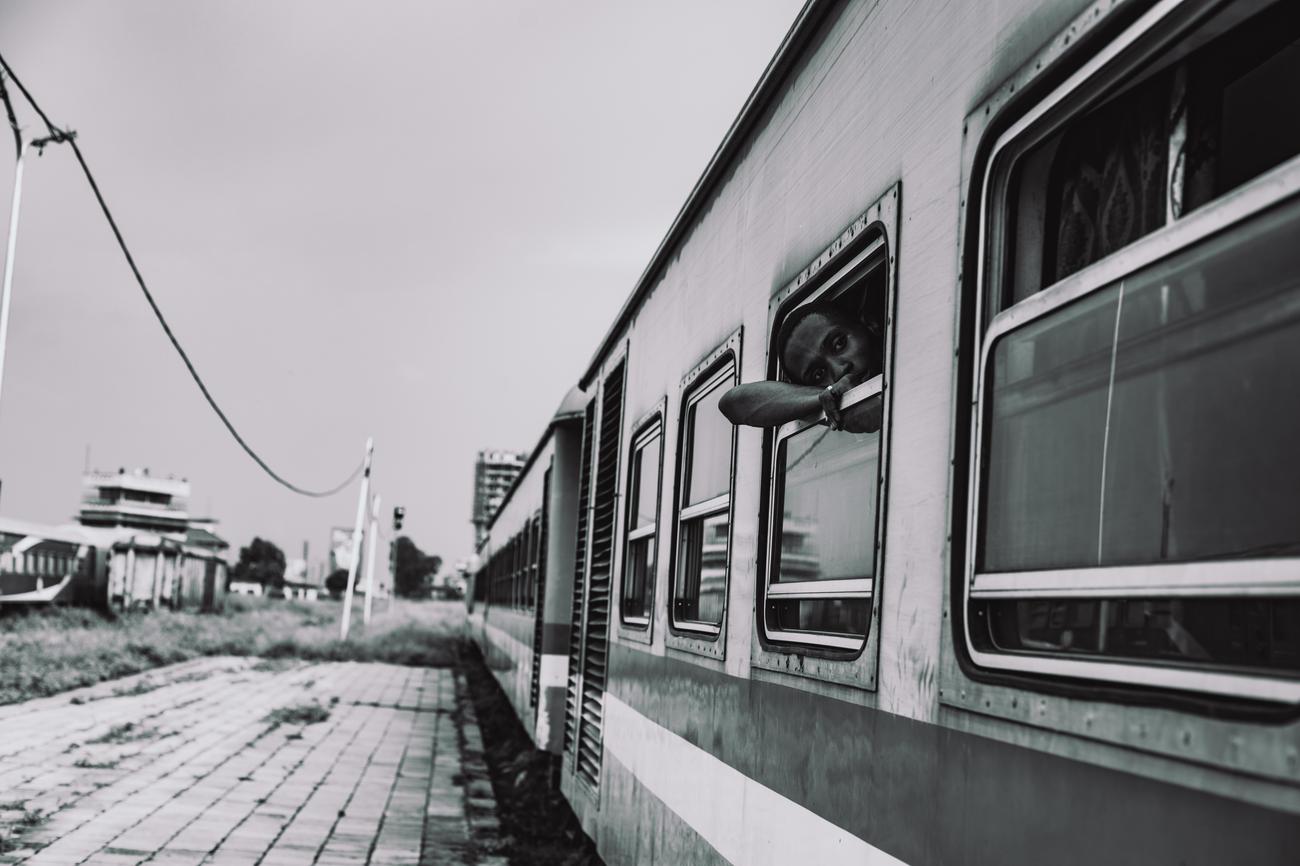
FAQ
Question 1: What is the capital of the Republic of the Congo?
Answer: The capital of the Republic of the Congo is Brazzaville.
Question 2: Which city is the capital of the neighboring Democratic Republic of the Congo?
Answer: Kinshasa is the capital and largest city of the neighboring Democratic Republic of the Congo.
Question 3: What is the estimated population of the Republic of the Congo?
Answer: The population of the Republic of the Congo is estimated to be around 86.8 million people.
Question 4: What is the currency used in the Republic of the Congo?
Answer: The currency of the Republic of the Congo is the Central African CFA franc.
Question 5: What is the climate like in the Republic of the Congo?
Answer: The climate in the Republic of the Congo is tropical, with high humidity and rainfall throughout the year.
- Sept 31 Myth: Unveiling Calendar Secrets - March 18, 2025
- How Long & Till December 18, 2025: Accurate Countdown Guide - March 18, 2025
- Discover Japanese Artists: A Complete History - March 18, 2025
